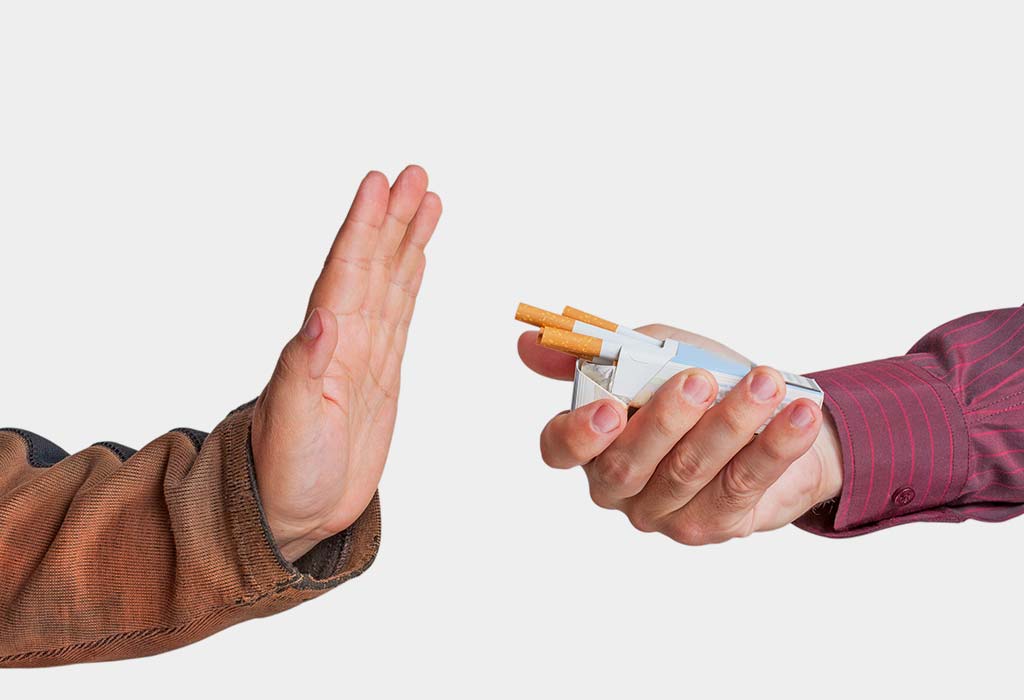The rehabilitation process from drug addiction depends much on aftercare, which offers vital assistance and tools to enable people stay sober and enhance their general condition. This continuous care is essential since it tackles the issues that could develop during rehabilitation, such cravings, emotional conflict, and social isolation, which are frequent causes for relapse. Learn more at Carrara Treatment, where professional support and tailored programs pave the way for a healthier, substance-free life.
Changing Gradually After Rehab
Aftercare starts right away following outpatient or inpatient recovery programs. Its main objective is to enable a seamless return into normal life so that people have the tools and encouragement they need to negotiate the complexity of living without drugs. This covers access to support groups, continuous therapy, and planned activities meant to stabilize recovery.
Constant Assistance and Counseling
Crucially in managing the psychological and emotional components of addiction rehabilitation, regular treatment and support provided by aftercare programs help Sessions of individual and group therapy that assist people in processing their experiences, create coping strategies, and handle any underlying problems maybe causing their addiction are among these offerings.
Occupational Rehabilitation
Vocational rehabilitation—which helps people acquire the skills and training required to find and keep employment—is a major element of aftercare. In addition to helping them become more financially independent, this increases their self-esteem and sense of direction—qualities absolutely vital for long-term recovery.

Integration between Communities
Additionally emphasized in aftercare is helping people fit back into their communities. Reversing addiction’s disruption of social ties and relationships calls for rebuilding. Participating in community events and support groups might help one feel belonging and lower their risk of isolation—a common antecedent to relapse.
Stopping Relapse
Aftercare’s ability to help prevent relapse is maybe its most important function. Aftercare programs assist people find and control triggers that can cause a return to drug use by means of ongoing support and monitoring. This covers frequent visits to medical professionals and involvement in organised recovery initiatives providing continuous education and support.
To sum up, the recovery from drug addiction depends absolutely on aftercare. It provides a safety net to help people negotiate the difficulties of sobriety, so bridging the distance between the regimented surroundings of treatment and the complexity of daily life. Aftercare greatly increases the likelihood of long-term success and well-being by attending to the many needs of people in recovery. Learn more at Carrara Treatment, where experienced staff guide clients through every step of the recovery process with empathy and expert care.





